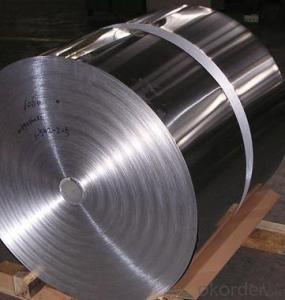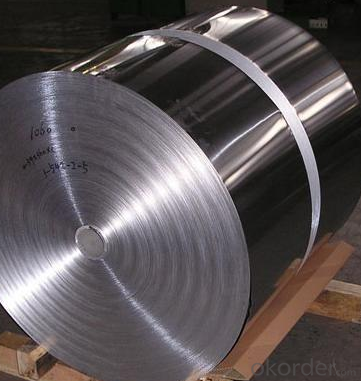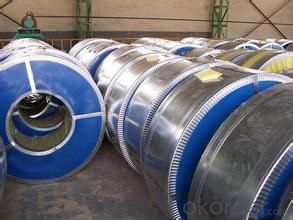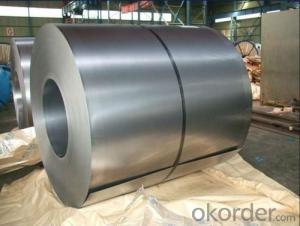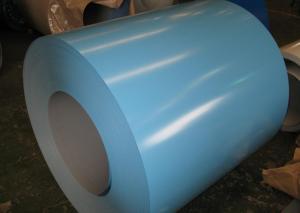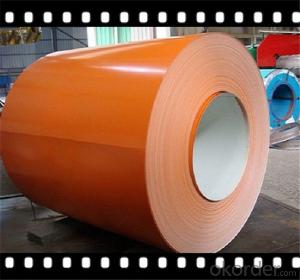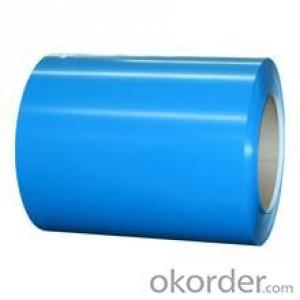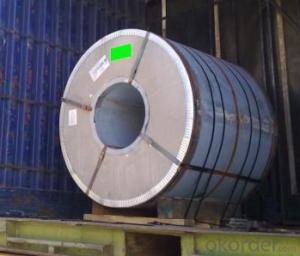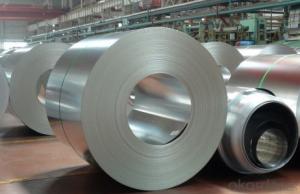Thickness: 0.15 - 2.0 mm
Technique: Hot Rolled
Application: Container Plate
Surface Treatment: Galvanized
Secondary Or Not: Non-secondary
Certification: CE
Special Pipe: Thick Wall Pipe
Alloy Or Not: Non-alloy
Section Shape: Other
Galvanized Steel Coil Z275 CNBM
- Loading Port:
- Guangzhou
- Payment Terms:
- TT OR LC
- Min Order Qty:
- 20 m.t.
- Supply Capability:
- 3000 m.t./month
OKorder Service Pledge
OKorder Financial Service
You Might Also Like
1.Quick Details:
2.Packaging & Delivery
| Packaging Details: | standard package |
|---|---|
| Delivery Detail: | 1-4 week |
cold rolled galvanizing steel coil
galvanized iron steel coil
Thickness | 0.15mm--2.0mm |
Width | 50--1250mm |
Zinc Coating | 40gsm—275gsm |
Spangle | Big, small regular spangle and zero spangle |
Surface Treatment | Chromate, Galvanized, Skin Pass, Passivity and Oiled(un-oiled) |
ID | 508mm or 610mm |
Coil Weight | 3--7 Metric Tons and as requirements |
Production | 12,000 metric tons per month |
More information of Galvanized Steel Coils/GI/PPGI/HDG | |
Payment Term | T/T or L/C (We usually charge 30% of the deposit first.) |
Delivery Port | Qingdao Port or Tianjin Port |
Delivery Time | Within 20 days after receipt of T/T or L/C |
MOQ | 25 metric tons or one 20 feet container |
Application | General use, Color coating, Corrugated Roofing making, Outside of the buildings Structure, Deep Drawing and etc. |
Ambition | Reliable product, Competitive price, On-time delivery and High standard service. |
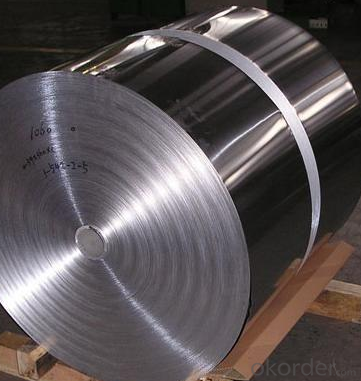 5.What is the application of Steel Coil?
5.What is the application of Steel Coil?
There are two sides,one is out side: Workshop, agricultural warehouse, residential precast unit, corrugated roof, roller shutter door, rainwater drainage pipe, retailer booth;the other is inside: Door, doorcase, light steel roof structure, folding screen, elevator, stairway, vent gutter.
- Q: I just got this aftermarket exhaust on my truck and it's recommended that it be welded, but the metal is aluminized steel. How do I mig weld aluminized steel?
- This Site Might Help You. RE: How to weld aluminized steel? I just got this aftermarket exhaust on my truck and it's recommended that it be welded, but the metal is aluminized steel. How do I mig weld aluminized steel?
- Q: My boyfriend is a loyal follower of this guy called Dr. Steel.
- Dr. Steel is an extremely complex phenomenon, a bit of a metaphorical nesting doll. On the surface, Dr. Steel can appear to some as simply a method actor musician with an over-the-top gimmick. Just underneath that facade lies an enigma; he makes some people wonder if he's really serious, just trying to entertain, or completely barking mad. But underneath the second facade, Dr. Steel is really acclaimed comic-book writer and chaos magickian, Grant Morrison. Make no mistake, he really thinks he is Dr. Steel. He has taken method acting and ceremonial magick to the highest levels, and fully intends to take over (or make over) the world. What's more, in the three short years since handing over his comic-book authorship to a ghost writer, he has amassed tens of thousands of followers worldwide. I've done several polls among Dr. Steel fans, and the results show that for every one person who has officially signed up, there are ten more loyal followers who have not.
- Q: How do steel coils perform in extreme weather conditions?
- Steel coils are designed to withstand extreme weather conditions due to their durability and strength. They are often coated or galvanized to protect against corrosion, making them highly resistant to rust and other forms of weather damage. Additionally, the structural integrity of steel coils allows them to withstand high winds, heavy precipitation, and temperature fluctuations without significant deformation or damage.
- Q: Which one has more electrical resistivity? Wood or steel? And why?I know that the resistivity depends on the material of the conductor, but i want a perfect explaination please.Thnx in advance :)
- Wood is made up of elements which are non-metals with a high electron affinity. Specifically, carbon, oxygen, hydrogen, and some nitrogen. Furthermore the covalent bond structure in wood means electrons are tightly bound and cannot move easily from atom to another. Not without adding a great deal of energy to the first. Steel is mostly iron, which is a metal. Metals have low electron affinity. The outer electrons in metals are bound very loosely, so that they can move from atom to atom using almost no energy. Metals tend to conduct electricity very easily.
- Q: I need to know how you rate the hardness of steel any ideas?
- For the backyarder to rate hardness, you do a file test. If a smooth file will not mark the steel, it's around 60+RC (Rockwell C scale). If it will mark it with difficulty, the hardness is probably around 56- 58RC. If it will file easily, it's mild steel or is in annealed form, if it is a hardenable steel.
- Q: What is the weight of a typical steel coil?
- The weight of a typical steel coil can vary depending on its size and thickness. However, a common range for the weight of a steel coil is between 5 to 15 tons.
- Q: I want to buy a machete made of 1055 carbon steel, and want to know if this steel is durable for repeated use, or even combat use.
- 1055 Carbon Steel
- Q: I am doing a experiment on mild steel soaked in sodium chlorideanyone can enlighten me about the effect of the sodium chloride in engineering term ?The mild steel specimen which I soaked in the sodium chloride has orange rust on it
- The mild steel contains a lot of Iron. The NaCl solution quickly attacks the iron content and forms rust. Over time, the solution may also cause what is called 'Chloride Cracking' of the steel. Pitting corrosion of stainless steel due to chlorides would certainly produce a rust-colored product. Passivation can be used to maintain a good corrosion resistant surface of stainless steel process vessel. There are many commercial products for this purpose. In the pharmaceutical industry, this process is often called derouging, that is to remove the buildup of iron oxides on the stainless steel process surfaces
- Q: If i get a samurai sword made of carbon steel, what is the hardest thing i can hit before it breaks? Or will it not break?
- If you can get it, and it is not in a museum or owned by a wealthy collector it is probably junk. a realsamuari ( warrior) sword probably took a year or more to make, 6 months or so to sharpen and was tempered by dipping in the blood of a peasant. It might have been marked by the number of human bodies it could cut through in one stroke ,1 was a minimum by all accounts they were the finest steel weapons ever made the curved thing in a knife shop is a cheap knock off
- Q: I am about to do a welding project and we are instructed to only use mild steel. I want to use found objects like coins, spoons, bottle caps, screws, and other small fasteners. Are these mild steel? What other objects can I use that are mild steel?
- Mild steel is what your friends get when they see your mom's cleavage.
Send your message to us
Galvanized Steel Coil Z275 CNBM
- Loading Port:
- Guangzhou
- Payment Terms:
- TT OR LC
- Min Order Qty:
- 20 m.t.
- Supply Capability:
- 3000 m.t./month
OKorder Service Pledge
OKorder Financial Service
Similar products
Hot products
Hot Searches
Related keywords
